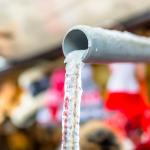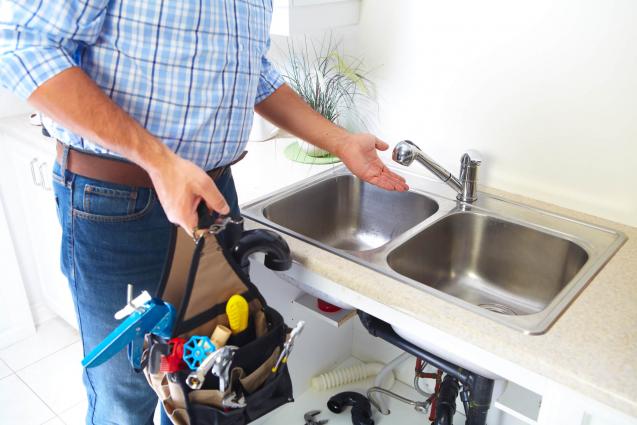
What is stormwater drainage?
What is stormwater made up of?
Stormwater is water that originates from precipitation or storms, including heavy rain and meltwater from hail and snow. Stormwater can also be mixed with organic matter, soil, fertiliser, and other garden debris. Poorly regulated stormwater is actually very little water, containing more junk like leaves, twigs, pesticides and more that can cause problems if left unchecked and untreated.
How is stormwater collected?
Stormwater drainage uses a network of structures to transport stormwater to open water bodies. The rainwater flows down from your roof into the downpipes, and is then turned collected in the stormwater discharge drains which are used to trap the rainwater run-off. Roof water, surface water and even subsoil water should be collected by stormwater drainage systems when they are in peak working condition, as stormy weather doesn’t just fall on your roof.
Stormwater impacts
Unfortunately, there are negative impacts associated with failing to control your stormwater drainage. Here are some issues that you need to take note of and actively work to avoid with your stormwater drainage system:
A source of pollution - Stormwater is not treated. It carries the rainwater (mixed with all manner of fertilisers and other ground chemicals) directly to lakes, rivers, and eventually the open ocean.
Can alter river flows and change flooding patterns - If you are dealing with a particularly bad storm that produces a large volume of rushing water, then this can end up altering river flows and damaging the natural rhythm.
Affects availability of water for irrigation - Irrigation, used to water fruits, vegetables and other crops, relies on accessible water. If you’re running all of the rainwater away from your home, irrigation will be near impossible.
Tips to help you manage your stormwater runoff
Here are some useful tips that should help you to manage your stormwater runoff:
- Reduce or limit your use of fertilisers, pesticides, and other similar chemicals
- Remove dead leaves, branches, and other debris so they do not block drains
- Inspect stormwater drains annually with the help of a seasoned professional
- Maintain strong plants and trees as they decrease surface run-off and help to bind the soil
- Make a rain garden to reduce stormwater run-off and promote better irrigation
- Check your roof, gutters, and downpipes often for signs of a water leak
Understanding the ins and outs of stormwater drainage can help you to make the best decision for the sake of your family home. You certainly won’t want to have to deal with serious flooding inside your home after bad weather, so why not take the right steps to improve your stormwater drainage system today? Get advice from a trusted storm drain specialist, and you’ll be able to rest assured knowing that even the worst weather can’t do any damage to your property and its foundations!



